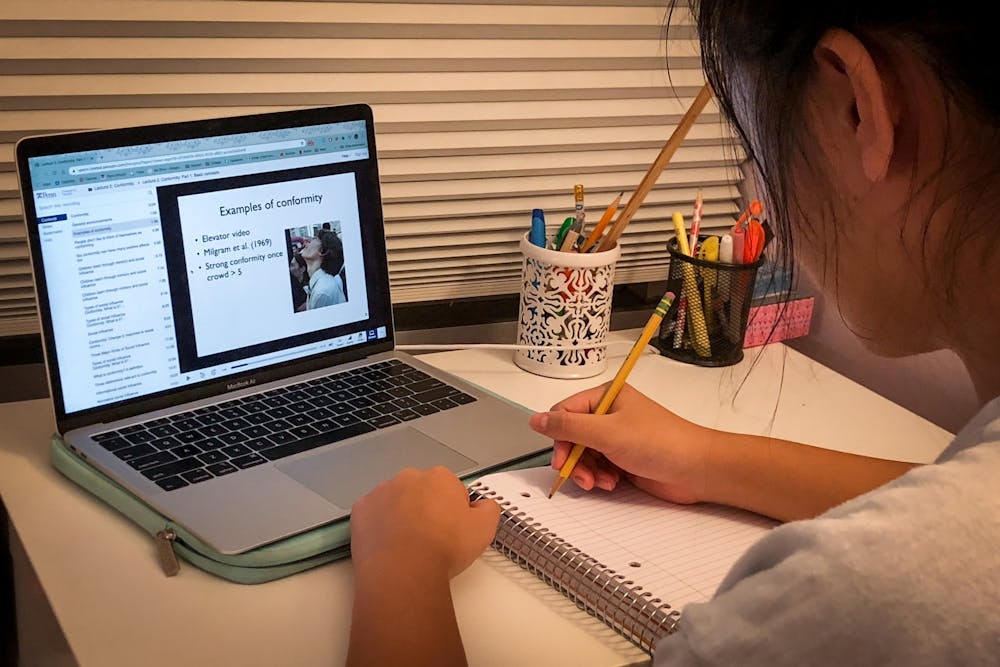This year, as many Penn students struggle to find summer opportunities, Penn’s summer course offerings provide the chance to stay engaged and get ahead on coursework and requirements. However, at a price of $4,694 to $7,092 per course unit, depending on the school, these classes do not come cheap. Without grant-based aid during the summer terms, and limited other assistance, Penn’s courses remain inaccessible to many.
It’s past time for Penn to reduce the cost of summer classes so that more students may access them, especially given the current state of the world.
Reducing summer tuition is not a new demand. Last year, this same Editorial Board called for summer classes to be made more affordable. Even before the pandemic, students had to weigh the benefits and costs of taking classes over the summer, with many forgoing the opportunity due to financial strain. With a second summer of reduced internship options, summer courses are an even greater lifeline for those with limited alternatives.
Throughout the pandemic, internships have been hard to come by for university students. As organizations face budget constraints and strain in adjusting to remote work, many internships have been paused for the 2020 and 2021 summers. A report from Glassdoor last year showed a 52% decrease in internship offerings, and while much has changed since those early months of the COVID-19 pandemic, internships still remain reduced compared to their pre-2020 levels.
When some students may not have internships to provide structure to their days, summer coursework offers a sense of purpose and direction. Classes provide a source of intellectual engagement and a regular schedule while allowing students to continue to work towards their degree and take classes that they wouldn’t otherwise have been able to fit in their typical semester. Summer courses offer the further advantage of connecting first-year students more to the Penn community they’ve never encountered in a COVID-19-free environment.
There is a recognized demand for summer courses. Last summer, there was over a 70% increase in enrollment, and Penn anticipates continued interest this summer by offering over 100 courses for undergraduates — more than a typical pre-pandemic year. Interest would likely be even higher if summer courses were made possible for all students. With remote courses for another summer, costs associated with in-person classes, such as classroom facilities, are no longer required, meaning these programs are cheaper to run.
For many students, all or most of their college experience has been virtual. Peer institutions like Harvard and Yale have offered tuition waivers and additional aid for summer classes to certain groups of students. At Harvard, this policy applies to students who spent the past academic year away from campus and includes subsidized housing and food for those who qualify for financial aid.
Affordability was a problem before 2020, and continues to remain one amidst unprecedented times. Given the continued conditions of the pandemic and their impact on internships, summer course affordability should be a priority for the University. Whether this means reducing tuition, increasing grant-based aid, or offering tuition waivers, there are many ways Penn could make summer coursework a financial feasibility for students.
SEE MORE FROM THE DAILY PENNSYLVANIAN EDITORIAL BOARD:
Vaccines should be required for the fall semester
In light of Biden's Title IX review, Penn must do more to combat sexual assault
SEE MORE FROM THE DAILY PENNSYLVANIAN EDITORIAL BOARD:
Vaccines should be required for the fall semester
In light of Biden's Title IX review, Penn must do more to combat sexual assault









